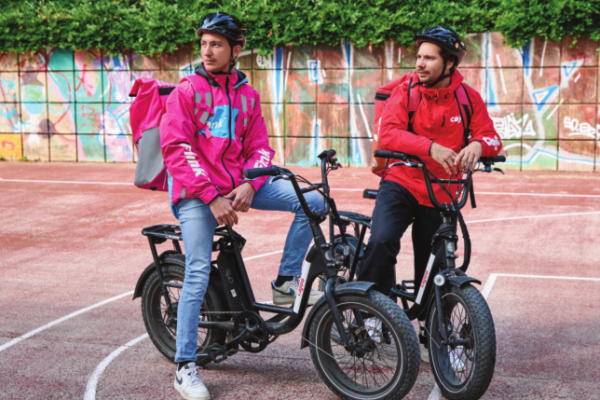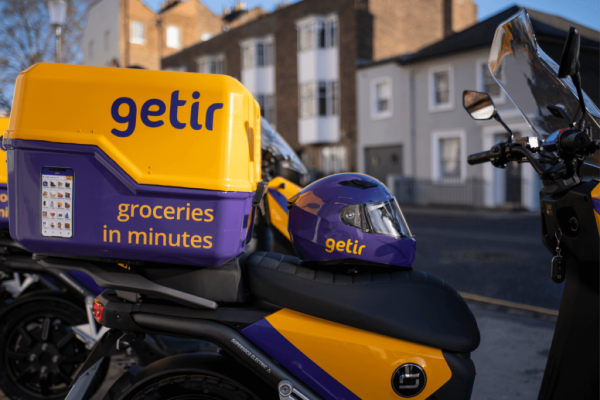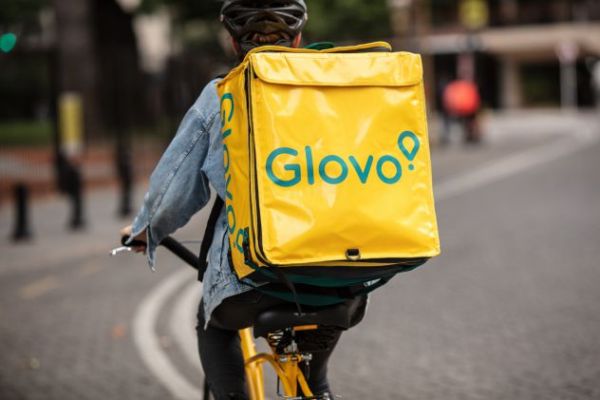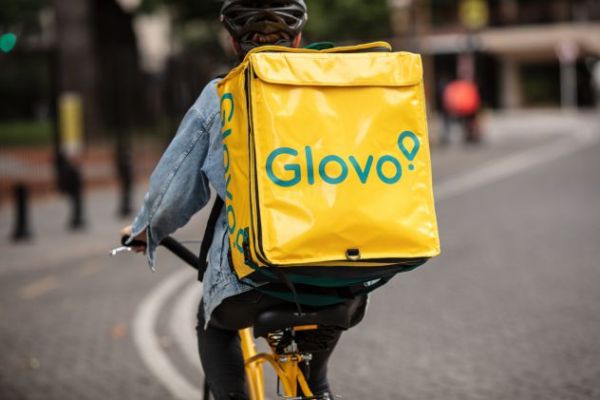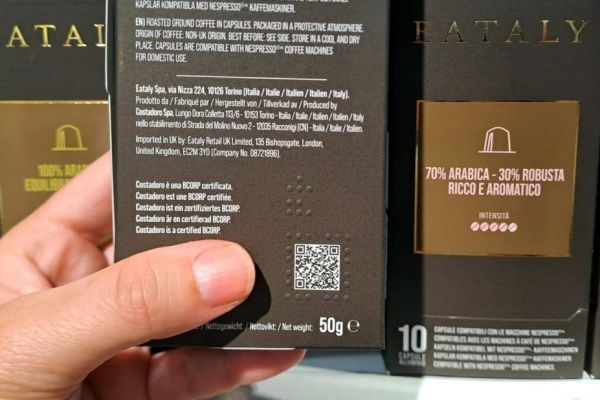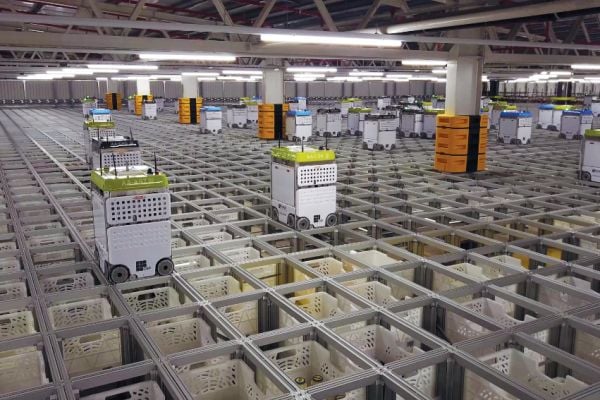The rise of e-commerce has changed the way that we shop, and with it, the way that we think about retail spaces.
Retailers and brands have responded by developing dark stores and quick-commerce platforms, seeking to better position themselves for an omnichannel future in which the physical and digital worlds are becoming increasingly blurred.
The latest Daymon Perspective report examines how dark stores and quick commerce are together playing an increasingly important role in the reinvention of retail. We take a look at some of the key findings, as follows.
Dark Stores: Fulfilling Online Orders Efficiently
Dark stores are essentially closed-off bricks-and-mortar locations that have been repurposed as fulfilment centres for online orders.
Said locations can be optimised for inventory management and order fulfilment, with layouts designed for efficient picking and storage.
This means that retailers can offer a wider range of products and faster delivery times than those of bricks-and-mortar locations, and also provide click-and-collect services – all of which are becoming increasingly important in today’s world of instant gratification.
Quick Commerce: Shortening The Path To Consumers
As Daymon has stated in its investigation into the on-demand micro-trend, the new definition of convenience is ‘what you want, when, where, and how you want it.’ This, in turn, has forced mainstream retailers and brands to adapt, to ensure that they remain relevant and appealing, and it has, in turn, irrevocably transformed the retail landscape.
Many have turned to quick-commerce specialists to provide last-mile delivery support to their own online solutions.
One of the most notable examples of this in action is Carrefour’s Sprint service – developed in partnership with quick-commerce provider Cajoo – which launched in 2021, with fulfilment switching to Flink, following its takeover of Cajoo a year later.
The service is available on the Uber Eats app and enables shoppers in a selection of French cities to receive orders in less than 15 minutes from a selection of around 2,000 food and non-food products, including Carrefour private-brand products.
While the quick-commerce trend might have enjoyed a surge during the pandemic, it has retained its relevance today, consistent with the demand for hyper-local delivery from an always-on consumer base.
The Impact Of The Rising Cost of Living
The rising cost of living is having a significant impact on the world of quick commerce.
Over the past few years, rapid grocery delivery services have surged in popularity, with consumers increasingly turning to them as a replacement or complement to traditional shopping channels.
This has resulted in market saturation, with large companies acquiring or merging with small brands to compete.
With quick-commerce operators limited in their ability to implement price increases – and customer basket sizes dwindling – the current inflationary situation presents a dilemma.
To tackle this issue, several operators have partnered with traditional retailers to increase their customer base and average basket value.
For example, the partnership between Getir and Co-op in the UK has ‘proven to be popular’, according to the retailer, and it has helped Getir increase its average basket value.
Additionally, some companies have attempted to combat inflation by offering value-added services, such as reducing prices on products impacted the most by inflation.
The Role Of Private Brands
Gopuff, which operates in the United States, was one of the first rapid grocery delivery companies to introduce a private-brand range of high-quality snacks, water, and home essentials.
By the end of last year, Gopuff had launched its fourth private brand, Goodnow, in the health-and-wellness space. The company plans to continue expanding its private-brand portfolio, as it monitors its customers’ needs and evaluates opportunities.
Following on from this, Gorillas – a German quick-commerce operator that was acquired by Getir at the end of last year – unveiled its first private-brand ranges in four key markets: France, the UK, the Netherlands, and its home market.
Launched in mid-2022, the four brands were developed based on customer insights and include Gorillas Daily, which offers everyday essentials, like spreads, sliced meat and cheese, at entry-level prices; Gorillas Premium, a selection of top-end products; Hot Damn!, offering a range of premium coffee products; and <start-up beer>, which features both craft beer and pale-ale SKUs.
What’s Next?
Today’s fast-paced lifestyle, coupled with the demand for greater convenience, has fuelled the rise of dark stores and quick-commerce solutions.
With retailers continuing to invest in their omnichannel capabilities, to remain competitive and meet customer expectations, these channels are likely to remain.
However, the future composition of the quick-commerce landscape is still to be determined. For example, sustainability is an increasingly important factor, which is likely to lead operators to embrace more eco-friendly delivery solutions, such as electric vehicles and bikes.
At the same time, operators need to ensure that they are up to speed with the latest technological advancements in the sector – from solutions to optimise inventory and demand to artificial intelligence-powered chatbots that provide next-generation customer engagement.
And then there’s the private-brand factor – just as in the bricks-and-mortar retail space, private brands will likely become a critical differentiating element in quick commerce, enabling retailers to increase profitability and drive increased customer loyalty. An exciting future awaits!
To learn more about how Daymon can help you, contact [email protected].
© 2023 European Supermarket Magazine – your source for the latest technology news. Sponsored post. Click subscribe to sign up to ESM: European Supermarket Magazine.
